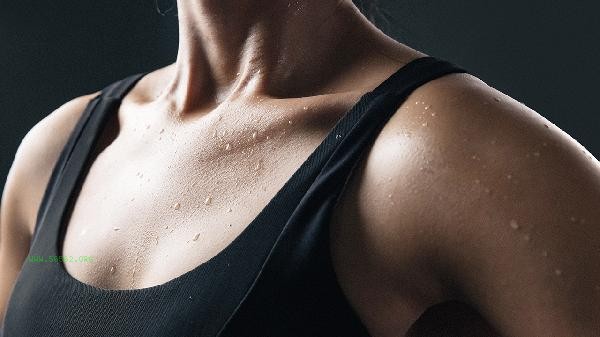Sweating may be a normal physiological phenomenon, and may also be related to hyperhidrosis, hyperthyroidism, diabetes, menopausal syndrome and other diseases. The main reasons include autonomic nervous system dysfunction, endocrine and metabolic abnormalities, drug side effects, psychological factors, genetic factors, etc.

1. Autonomic nervous system dysfunction
Excessive excitation of the sympathetic nervous system can lead to local or systemic sweating, which is common during emotional tension and anxiety. Traditional Chinese medicine believes that this is related to the deficiency of both the heart and spleen or the transformation of liver depression into fire, which can be improved by regulating emotions, practicing health preserving techniques such as Ba Duan Jin. If insomnia is accompanied by palpitations, traditional Chinese patent medicines and simple preparations such as Tianwang Buxin Pill can be considered for conditioning.
2. Endocrine and metabolic abnormalities
Excessive secretion of thyroid hormones can accelerate metabolism, manifested as wet palms, fear of heat, and excessive sweating. Abnormal sweating may also occur in patients with diabetes when their blood sugar fluctuates. This type of situation requires testing of thyroid function, blood sugar, and other indicators. Traditional Chinese medicine commonly uses Zhibai Dihuang Pills to regulate Yin deficiency and excessive sweating caused by fire.
3. Drug side effects
Some antidepressants, antipyretics, and steroid drugs may interfere with the thermoregulatory center. When abnormal sweating occurs during the use of such drugs, it is necessary to communicate with the doctor in a timely manner to adjust the medication plan, and do not stop the medication on your own. Traditional Chinese medicine believes that when a medicine is toxic and causes heat to subside, it can be detoxified with mung bean and licorice soup.
4. Psychological factors
Anxiety disorders, panic attacks, and other psychological disorders are often accompanied by symptoms of excessive sweating. Cognitive behavioral therapy combined with calming formulas such as Gan Mai Da Zao Tang has a certain relieving effect. Daily practice can reduce sympathetic nervous system excitability through meditation and breathing exercises.
5. Genetic factors
Primary hyperhidrosis often has a familial tendency, and persistent hyperhidrosis of the palms and soles can occur during adolescence. Mild cases can be treated with external application of gallnut powder, while severe cases may require treatment such as thoracic sympathetic nerve blockade. Traditional Chinese Medicine (TCM) syndrome differentiation often belongs to the disharmony between Ying and Wei, and Guizhi Tang is commonly used to harmonize Ying and Wei.
It is recommended to keep the hands and feet clean and dry, and choose cotton gloves with good breathability. Avoid spicy and stimulating foods in your diet, and consume moderate amounts of heart clearing ingredients such as lilies and lotus seeds. If excessive sweating affects daily life or is accompanied by symptoms such as weight loss and palpitations, it is necessary to seek medical attention promptly at the endocrinology or traditional Chinese medicine department. For those with severe night sweats, try boiling 30g of floating wheat in water as a tea drink, combined with moxibustion at Yongquan acupoint for better results.









Comments (0)
Leave a Comment
No comments yet
Be the first to share your thoughts!